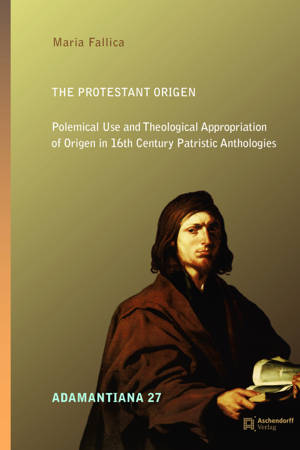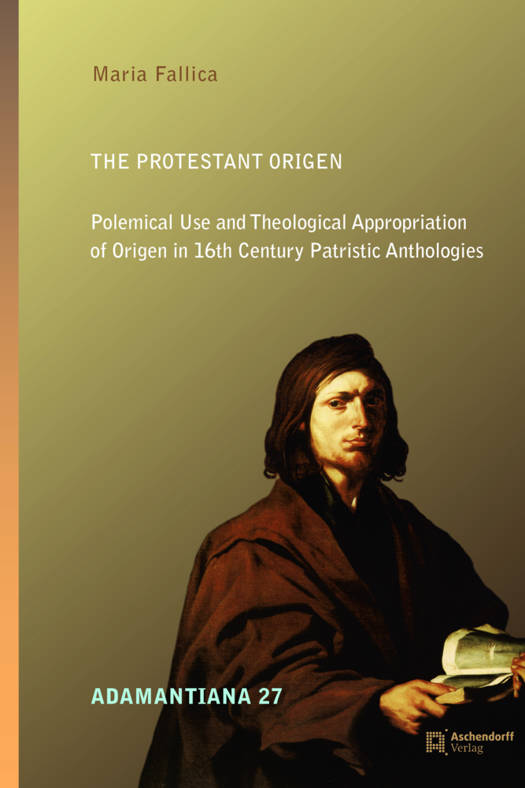
- Retrait gratuit dans votre magasin Club
- 7.000.000 titres dans notre catalogue
- Payer en toute sécurité
- Toujours un magasin près de chez vous
- Retrait gratuit dans votre magasin Club
- 7.000.000 titres dans notre catalogue
- Payer en toute sécurité
- Toujours un magasin près de chez vous
The Protestant Origen
Polemical Use and Theological Appropriation of Origen in 16th Century Patristic Anthologies
Maria Fallica
38,45 €
+ 76 points
Description
At the outbreak of the Reformations, the need for stable and authoritative support was acutely felt on all sides, engaged as they were in a conflict of interpretations of the core of Christianity. Patristic anthologies were the perfect tool for the roles of polemical weapons and doctrinal handbooks, as they selected apt passages from the Fathers of the Church to prove, explain and promote the articles of the new confessions of faith and testify to antiquity. In a paradigm dominated by the figure of Augustine, whose exegesis of Scripture and understanding of the Gospel was very important for many Reformers, these anthologies tried to demonstrate the broad consensus of the majority of the ancient writers with the doctrines advocated by them. This volume offers an original perspective on the reception of Origen of Alexandria, one of the most profound and influential philosophers and exegetes of Late Antiquity, in three patristic anthologies of the 16th century. It explores how the voice of Origen, who was recognized by Luther and Melanchthon as a staunch opponent of their doctrines, is harmonized with the theological stances of the anthologies. The anomaly represented by the proposed image of a "Protestant Origen" helps us to decipher larger trends of the European Reformations, in their relationship with authority and memory.
Spécifications
Parties prenantes
- Auteur(s) :
- Editeur:
Contenu
- Nombre de pages :
- 207
- Langue:
- Anglais
- Collection :
- Tome:
- n° 27
Caractéristiques
- EAN:
- 9783402137581
- Date de parution :
- 19-10-22
- Format:
- Livre relié
- Format numérique:
- Genaaid
- Dimensions :
- 163 mm x 18 mm
- Poids :
- 15598 g







